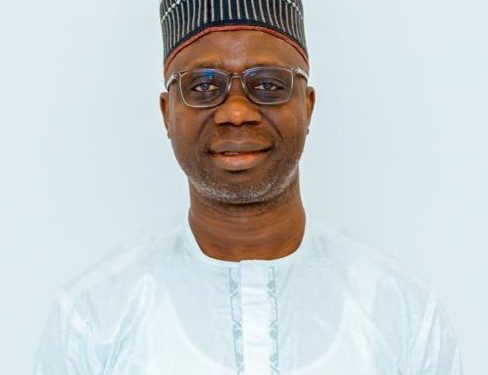By Hassan Osman Kargbo
In what observers have hailed as a landmark day for governance and public financial management, the Government of Sierra Leone reaffirmed its commitment to reforming public procurement during a series of high-level engagements on Tuesday, 18 June 2025. These meetings were centred on the ongoing Methodology for Assessing Procurement Systems (MAPS) evaluation—an internationally recognized diagnostic tool used to assess the integrity and effectiveness of national procurement systems.
The day began with a courtesy call on the Financial Secretary, Mr. Matthew Dingie, by the National Public Procurement Authority (NPPA), the international MAPS assessment team, and senior representatives from the World Bank and the African Development Bank (AfDB), who are co-funding the diagnostic.
Held at the Ministry of Finance, the meeting served to brief the Financial Secretary on the emerging findings of the MAPS review and to gain strategic direction ahead of the upcoming stakeholder validation workshop.
NPPA’s Chief Executive Officer, Fodie J. Konneh, introduced the MAPS delegation and emphasized the strategic value of the assessment within Sierra Leone’s broader governance reform efforts.
Innocent Kamugisha, MAPS Team Lead, provided an overview of the methodology, which assesses four thematic pillars: the legal and regulatory framework; institutional frameworks and management capacity; procurement operations and market practices; and mechanisms for accountability, integrity, and transparency.
Mr. Kamugisha noted that Sierra Leone’s participation demonstrates a clear intention to benchmark its procurement systems against international best practices. He highlighted the potential for the findings to drive significant legal, operational, and institutional reforms.
Financial Secretary Dingie welcomed the initiative and acknowledged progress made in recent years. However, he pointed out ongoing challenges including legislative gaps, weak institutional coordination, enforcement issues, and delayed payments. “The goal is to make our procurement system more transparent, accountable, and efficient in delivering public goods and services,” he said, assuring the team of the government’s full support and openness to bold, evidence-based recommendations.
Lina Tutunji, Senior Procurement Specialist at the World Bank, described the MAPS process as a pathway to reform and not merely a diagnostic tool. She affirmed the World Bank’s continued support during the implementation phase and emphasized the need for national ownership to ensure sustainable results.
In the afternoon, the MAPS Steering Committee convened at the Ministry of Finance to review and discuss the draft findings. Chaired by Principal Deputy Financial Secretary Samuel E.B. Momoh, the meeting included a presentation of initial results by Mr. Kamugisha. Among key challenges identified were limited enforcement of procurement rules, capacity weaknesses, delayed financing, poor market engagement, and underutilized whistle-blower protections.
Despite these issues, Kamugisha urged stakeholders to view the findings as opportunities for reform. Notably, he announced that Sierra Leone’s Concept Note had been formally approved by the global MAPS Secretariat, a major validation of the process’s credibility.
Development partners echoed their support, with AfDB representatives urging the government to act swiftly on recommendations, aligning reforms with the African Union’s Agenda 2063 and the Sustainable Development Goals.
The issue of whistle-blower protection featured prominently. A representative from the Anti-Corruption Commission clarified that existing legal provisions do offer anonymity and legal safeguards for informants, though public trust and usage remain low.
The Steering Committee welcomed the findings and committed to supporting the next phase of the process. The day concluded with strong anticipation for the 19 June 2025 stakeholder validation workshop, set to take place at the Radisson Blu Hotel in Freetown.
The MAPS process marks a turning point for Sierra Leone’s procurement system. With robust institutional support, development partner engagement, and political will, the country is poised to make significant strides towards transparency and accountability in public spending.













